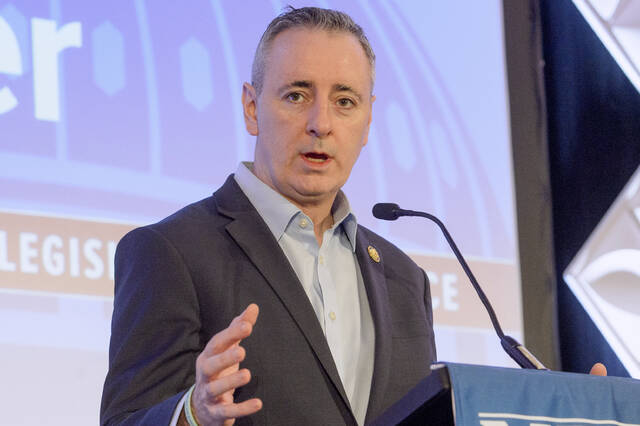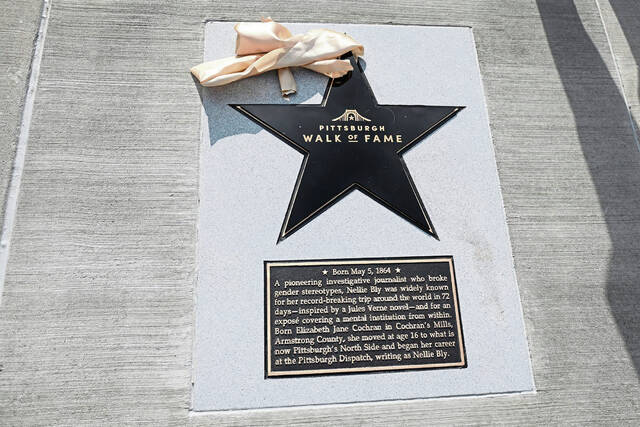If you want to know what the impact of the coronavirus pandemic was in the U.S., the Centers for Disease Control and Prevention put a number on it this week.
No, that isn’t how long the world was in lockdown. It wasn’t how long we wore masks or kept six feet away or ate takeout instead of visiting restaurants.
It’s how much the American life expectancy changed.
In 2019, the average American’s time on earth was 78.8 years. In 2020, it dropped to 77.3 years — a difference of a year and a half of reading and talking and laughing and cuddling grandkids. For Hispanics, the drop was three years. For Blacks, it was 2.9 years.
To appreciate how big that impact was, you can put it into historical perspective. It was the single greatest rollback of life expectancy since World War II. And it happened without dropping a bomb or storming a beach.
It wasn’t only the coronavirus that happened, of course, but it’s easy to see other causes, such as a dramatic uptick in drug overdose deaths as tangential to covid-19.
The biggest problem with the change is how much it didn’t have to happen. While the disease itself was outside of our control, the way we reacted to it was not. However, too many people decided to make believing or not believing in the virus a hill to die upon and die upon it more than 600,000 people did, with 375,000 of those deaths happening in 2020.
What matters now is how we react to this much smaller number. Hundreds of thousands of people can be hard to wrap our heads around, but 18 months? That’s easy to understand.
Will the idea of a life cut shorter by 18 months make people think more seriously about the things that impacted those lives in 2020? Will they get vaccinated? Will they take precautions against the Delta variant of the coroanvirus? Will they advocate for better opioid addiction treatment? Will they push for more mental healthcare access?
In 2020, people still died of heart disease and cancer and diabetes. Will we demand better and more affordable access to medical care? People will still killed by gun violence. How will we ask that be addressed? People died from domestic violence and hate crimes. Will we work to reverse those deadly trends?
Let’s be honest. Too many of the solutions to these problems will not happen because it is too easy to think they are things that don’t affect us individually. Yes, people die. Other people. Not me. Not someone I love.
But 609,000 Americans probably thought the same thing about the coronavirus.
Focus for a moment on those life expectancy numbers. It is simple to shrug and think what is the difference between 78.8 years and 77.3 years. Written as a decimal, it’s like how a retailer will price something at $19.99 instead of $20, a little mental cue that rounds something off.
Imagine instead that you are sitting in your doctor’s office and told you have just a year and a half left. What would you want to do with that next 18 months? And more importantly, what would you wish you had done when it would have made a difference?








